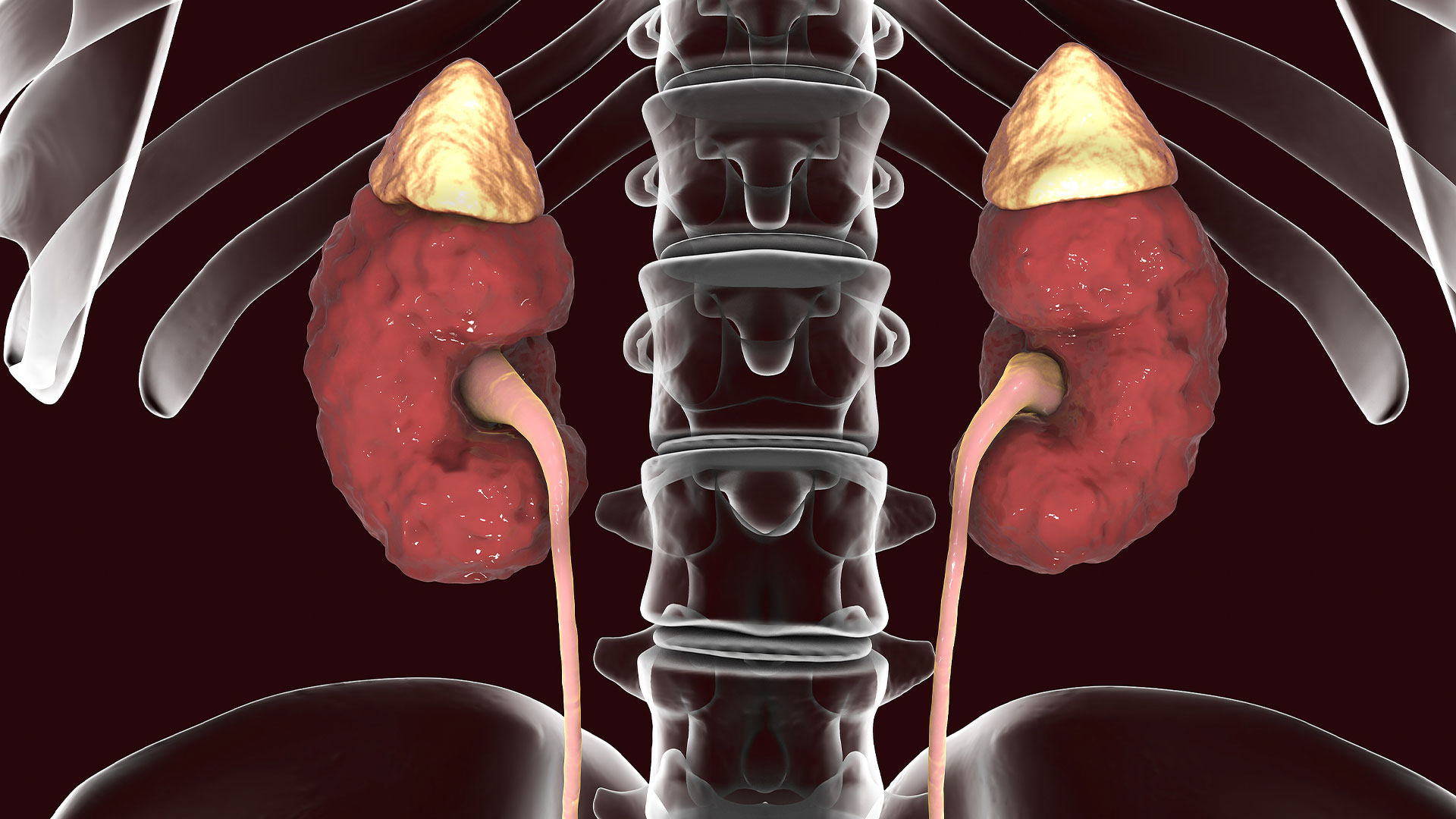
When kidney disease first develops, the symptoms are subtle. You may not realize you have a problem at all. But, as you gradually lose kidney function, you experience dangerous levels of fluid, electrolytes, and wastes in your body. Without treatment, chronic kidney disease can cause kidney failure, which is fatal without dialysis or a transplant.
Early detection of kidney disease can slow the progression of organ damage. Our team at St. Michael’s Elite Hospital in Sugar Land, Texas, recommends paying close attention to symptoms that suggest kidney disease. Many of these symptoms can be caused by other health problems, but you won’t know if they’re associated with kidney disease unless you see a medical professional.
If you’re worried about kidney problems or have one or more of these symptoms, come see us.
1. Chronic fatigue
The kidneys’ main role is to filter waste from your blood so you can excrete it through urine. If your kidneys are failing, they don’t work well to remove toxins. As toxins build up, you may feel weak, tired, and unfocused.
Kidneys also make a hormone called erythropoietin, which stimulates the creation of red blood cells. When your kidneys aren’t working well, they don’t produce as much of this hormone, leading to a reduction in red blood cells. Red blood cells deliver oxygen to your brain and muscles. When they’re depleted, so is your energy.
2. Itchy skin
When your kidneys aren’t doing a good job of flushing out toxins, they build up in your blood. That can affect your body’s largest organ – your skin – causing a rash that makes you itch all over. As your kidneys fail, they’re unable to keep a proper balance of minerals and nutrients, which can lead to bone disease.
3. Swelling in the face and feet
The kidneys help rid your body of excess sodium. If they can’t do this well, fluid builds up in your hands, ankles, feet, and face. You may notice puffiness around your eyes, too.
4. Unusual cramping
Cramping in your legs and other parts of your body is often caused by an imbalance in the levels of calcium, sodium, and potassium. When you don’t have the right levels of electrolytes, your muscles and nerves can’t work optimally.
5. Shortness of breath
The reduced red blood cell production that results from kidney disease can lead to anemia and shortness of breath. Fluid build-up caused by the kidney’s inefficient flushing of toxins can also interfere with your breathing.
6. Digestive issues
When your kidneys don’t work well, you may lose your appetite and experience unexplained weight loss. Kidney disease can also cause nausea and vomiting.
7. Irregular urine
When you have too much albumin, a type of protein, in your urine, it looks foamy or bubbly. Poor functioning kidneys can lead to an excess of albumin in your urine. Kidney disease can also cause brownish or very pale urine.
If you’re concerned about your kidney health or are experiencing worrisome symptoms, contact St. Michael’s Elite Hospital to schedule an appointment. We can diagnose you and offer treatment to slow the progression of the disease and prevent kidney failure.
 What to Expect From Your Leg Fracture MRI
What to Expect From Your Leg Fracture MRI
